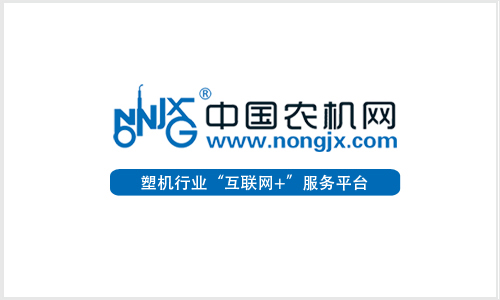
Sintered Mesh Filter Element adopts multilayer sintering net. Multilayer sintering Mesh is a new type of filter material with high mechanical strength and overall steel with multi-layer stainless steel wire mesh which is pressed by special laminated layer and made by vacuum sintering.
The Feature of sintered mesh Filter Element,
Strong corrosion resistance, good permeability, high strength, easy cleaning and anti-cleaning, accurate filtration accuracy, sanitary cleanliness of the filter material, screen does not fall off.
Sintered Mesh Filter Element
Metal Mesh Filter,Sintered Mesh Filter Element,Sintered Stainless Steel Filter Elements,Sintered Wire Mesh Filter Element
Xinxiang Tianrui Hydraulic Equipment CO.,LTD , https://www.trfiltration.com
